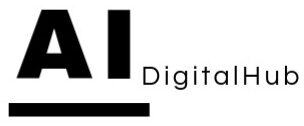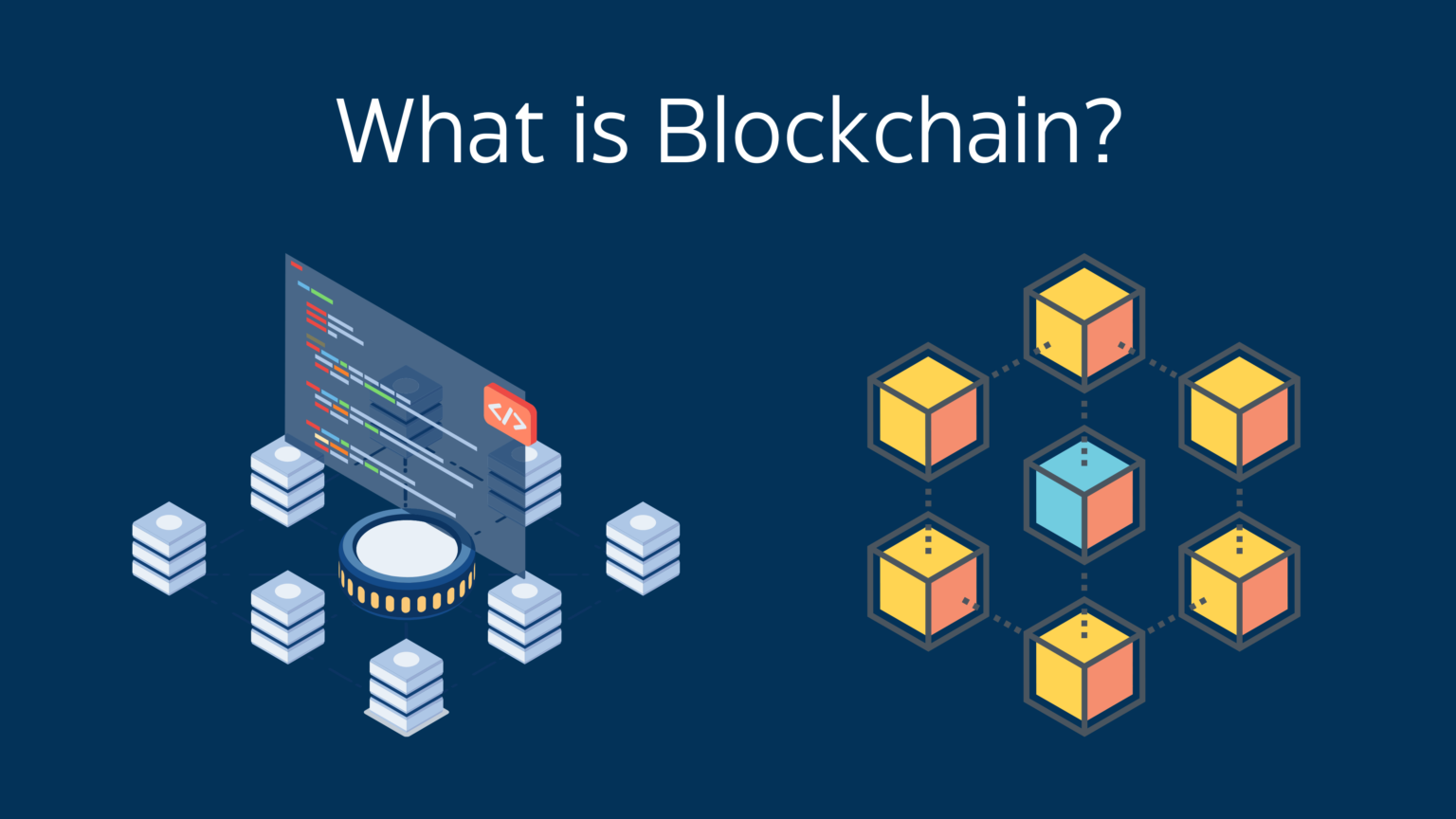I’ll be honest—when I first heard the word “ blockchain,” I thought it was just a complex tech trend that only developers or crypto fans needed to worry about. But the more I read, the more I realized it’s so much bigger than Bitcoin or Ethereum. Blockchain is changing how we store, share, and verify information—and it’s already impacting our lives in ways we often don’t see.
So, let me break it down in plain English—like you and I are having a coffee chat.
What Exactly Is Blockchain?
Blockchain is a digital ledger, but instead of being controlled by one company, it’s spread across a network of computers. Think of it as a shared notebook that everyone can see, but no one can easily change without everyone’s approval.
Each time something is added (like a transaction), it gets recorded as a “block.” These blocks are linked together in order, forming a “chain.” Once data is recorded, it’s nearly impossible to alter, making blockchain one of the most secure and transparent technologies around.
Why Blockchain Matters Today
We live in a world where data is king, but also where data is constantly being hacked, altered, or misused. From financial transactions to health records, trust is more important than ever.
Here’s where it shines:
-
Security: Tamper-proof records
-
Transparency: Every transaction is viewable
-
Efficiency: Cuts out middlemen
-
Decentralization: No single point of failure
In other words, it protects data, improves trust, and reduces costs.
Real-Life Use Cases of Blockchain
Let me walk you through a few examples that truly impressed me:
🛍️ Retail (Walmart)
Walmart partnered with IBM to track the origin of food products. Before blockchain, tracing the source of mangoes took 7 days. Now? Just 2.2 seconds!
📖 Read the full IBM case study
🏥 Healthcare (MediLedger Network)
Blockchain is being used to track and verify pharmaceutical supplies to avoid counterfeit drugs. It creates a full chain of custody from manufacturer to pharmacy.
📖 Source: Forbes
🎶 Music Rights (Audius)
Artists like deadmau5 and Skrillex are using Audius, a blockchain-based music platform, to publish music without middlemen, ensuring they keep more of their earnings.
📖 More on Audius
Case Study: Walmart’s Food Traceability System
This one made me go “wow.”
Walmart adopted blockchain to track produce in its supply chain. During a test with mangoes, the traditional system took 7 days to trace a package back to its source. With blockchain? It took just 2.2 seconds. Imagine how game-changing this is for food recalls, safety, and reducing waste.
This isn’t future talk—it’s happening now, and it’s saving lives and money.
What Industry Leaders Say About It
Don’t just take my word for it. Here’s what some major names are saying:
“Blockchain is the tech. Bitcoin is merely the first mainstream manifestation of its potential.”
— Marc Kenigsberg, Founder of BitcoinChaser
“The blockchain does one thing: It replaces third-party trust with mathematical proof that something happened.”
— Adam Draper, Venture Capitalist
Even governments are catching on. Estonia has integrated this technology into its national digital identity system, allowing citizens to access government services securely online. This system improves governmental transparency and enhances data security.
📖 Estonia’s digital success story
My Thoughts: Can Blockchain Simplify Our Lives?
At first glance, blockchain seems “too technical” for everyday people. But as someone who uses tech tools to simplify life (like smart home devices or digital wallets), I truly believe blockchain will soon be just another invisible helper, working behind the scenes to make things safer, faster, and smarter.
Think:
-
Verifying your university degree instantly with a blockchain certificate
-
Ensuring the medicine you bought online is real, thanks to supply chain transparency
-
Getting paid instantly across borders without insane transaction fees
It’s not science fiction—it’s where we’re headed.
Frequently Asked Questions (FAQs)
1. What is blockchain in simple terms?
Blockchain is a type of digital ledger that stores information securely and transparently. Imagine it as a shared notebook where people record transactions or data entries—once someone writes something, no one can change it unless everyone in the network agrees. This makes it great for preventing fraud and ensuring trust.
2. How is it used in daily life?
You might not even realize it, but blockchain is already part of your everyday world. It’s used in:
-
Online banking and crypto apps
-
Tracking groceries and food safety (e.g., Walmart’s mango supply chain)
-
Healthcare systems for tracking medications
-
Music streaming platforms like Audius for fair artist payments
Even some governments use blockchain for digital ID, voting systems, and record-keeping.
3. Is it safe for personal use?
Blockchain offers high security because it uses a decentralized and encrypted structure. Since multiple computers store the data, hackers can’t alter it without everyone noticing. However, how safe it is depends on the application, so always use trusted platforms and services built on blockchain.
Final Words + What You Can Do Next
Blockchain isn’t just for developers, crypto traders, or big businesses—it’s a universal tool for trust and transparency in the digital world. And it’s moving fast.
If you’re a parent, business owner, student, or just someone curious about future tech, learning the basics will empower you to better navigate what’s coming next.
And if you’ve come across any cool blockchain tools or use cases, let’s talk about it in the comments! 👇 I’d love to hear your thoughts.


